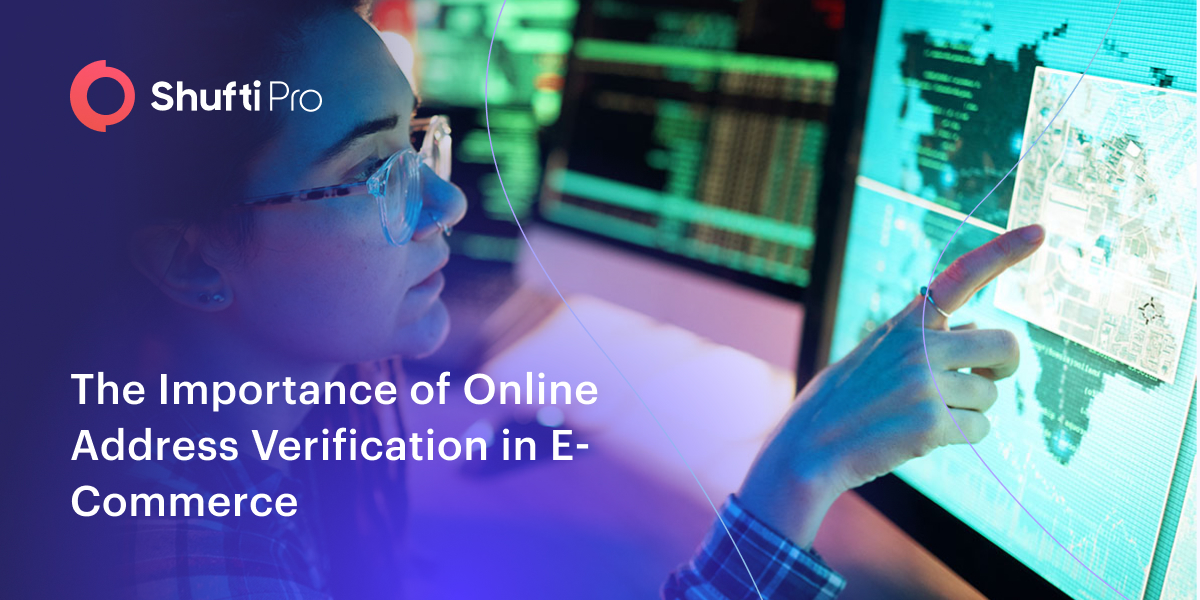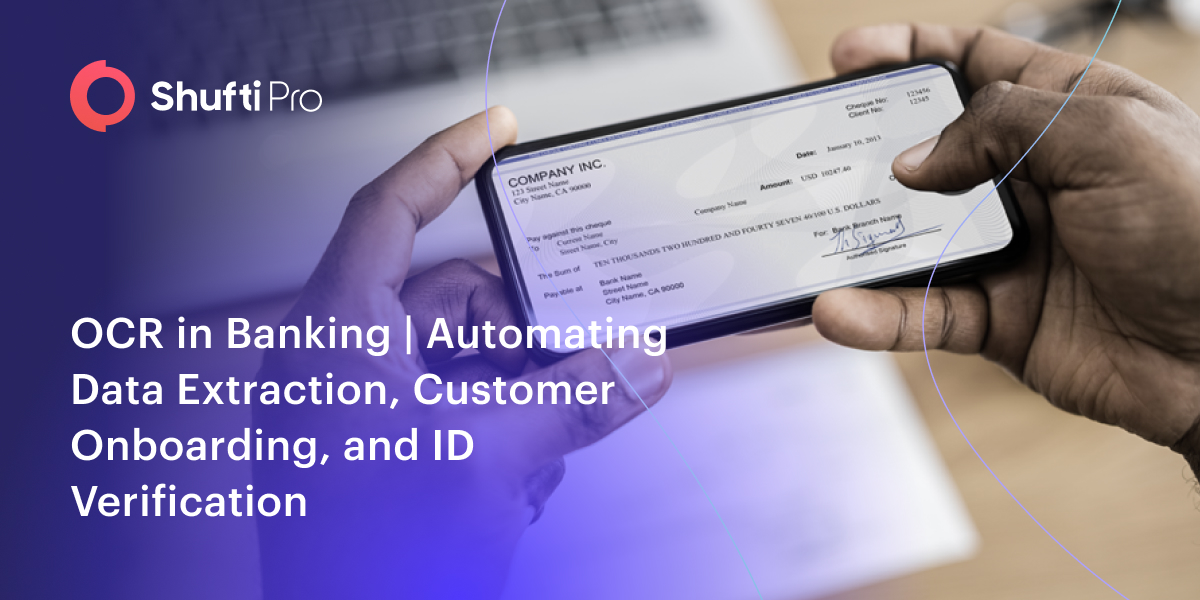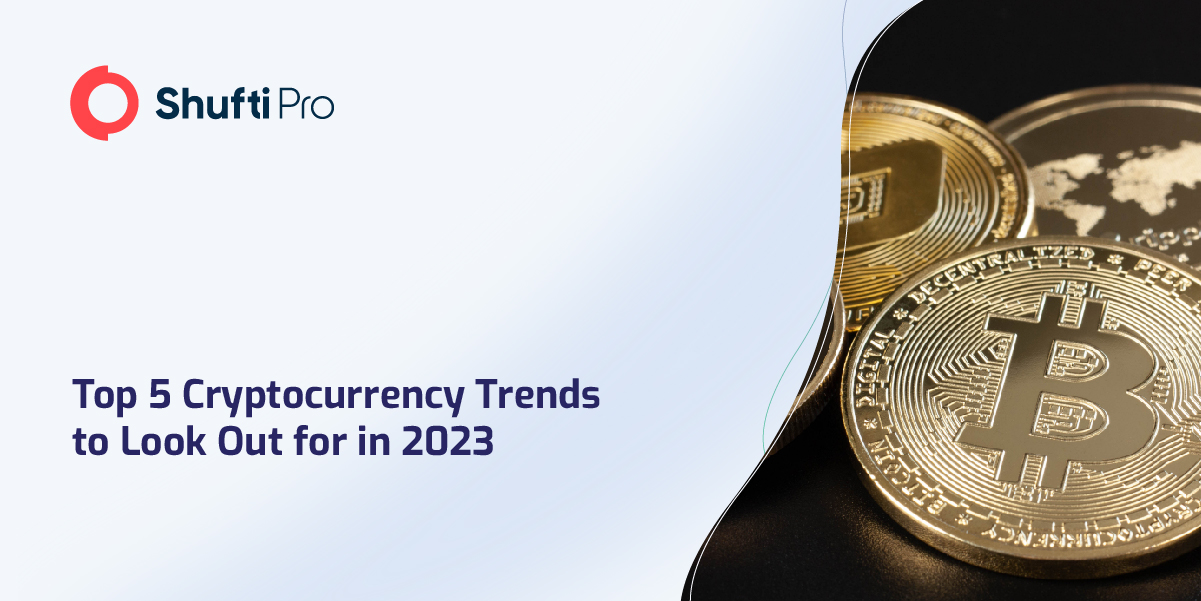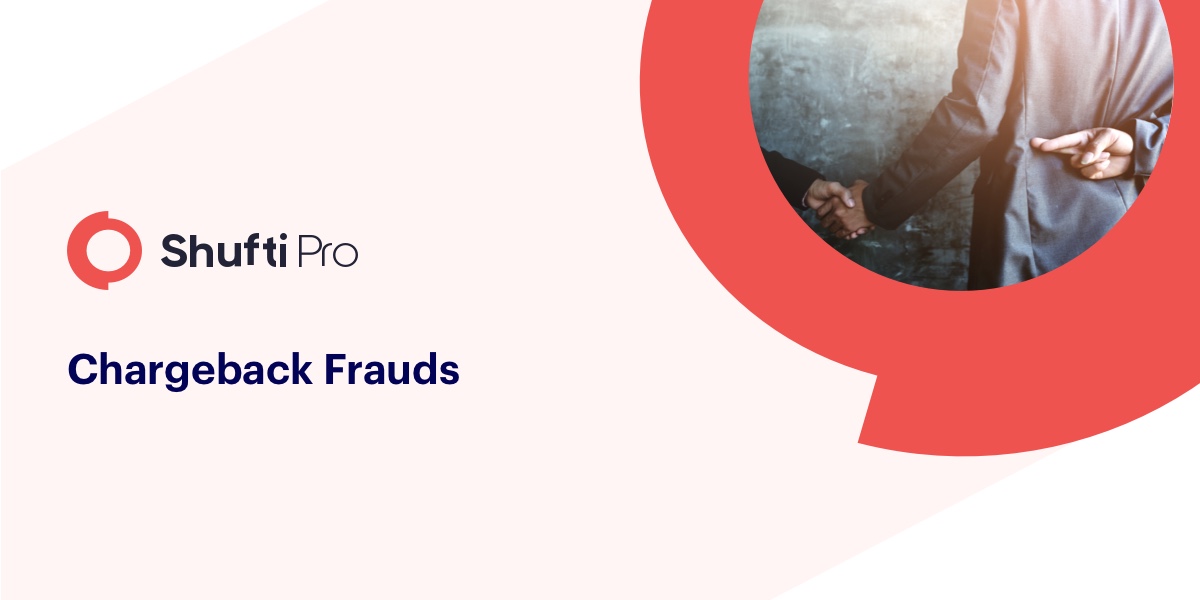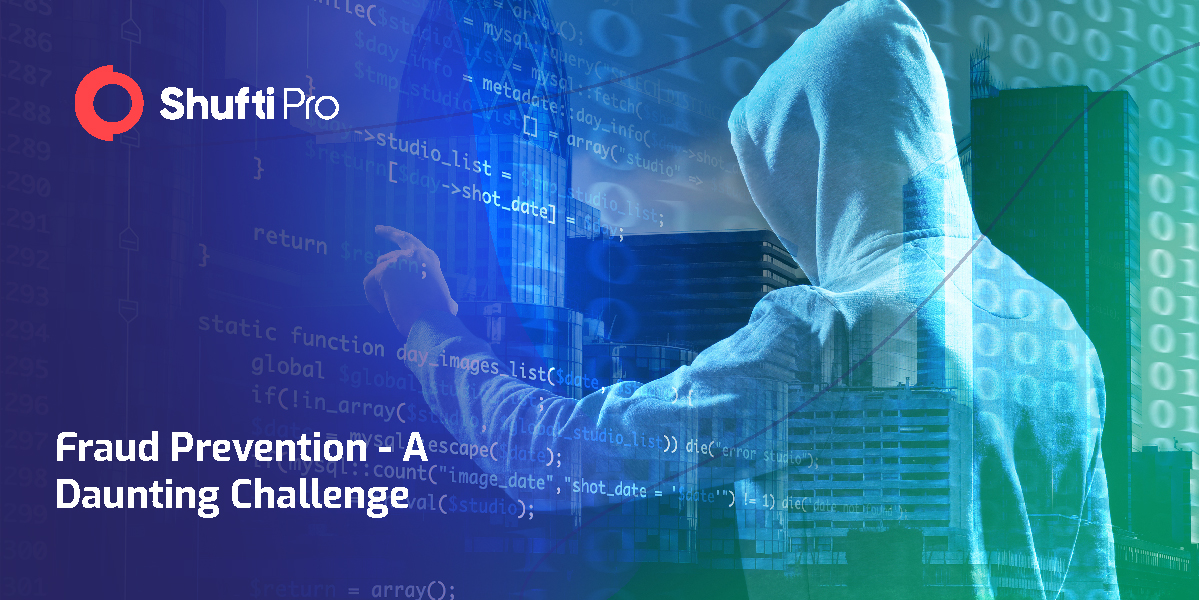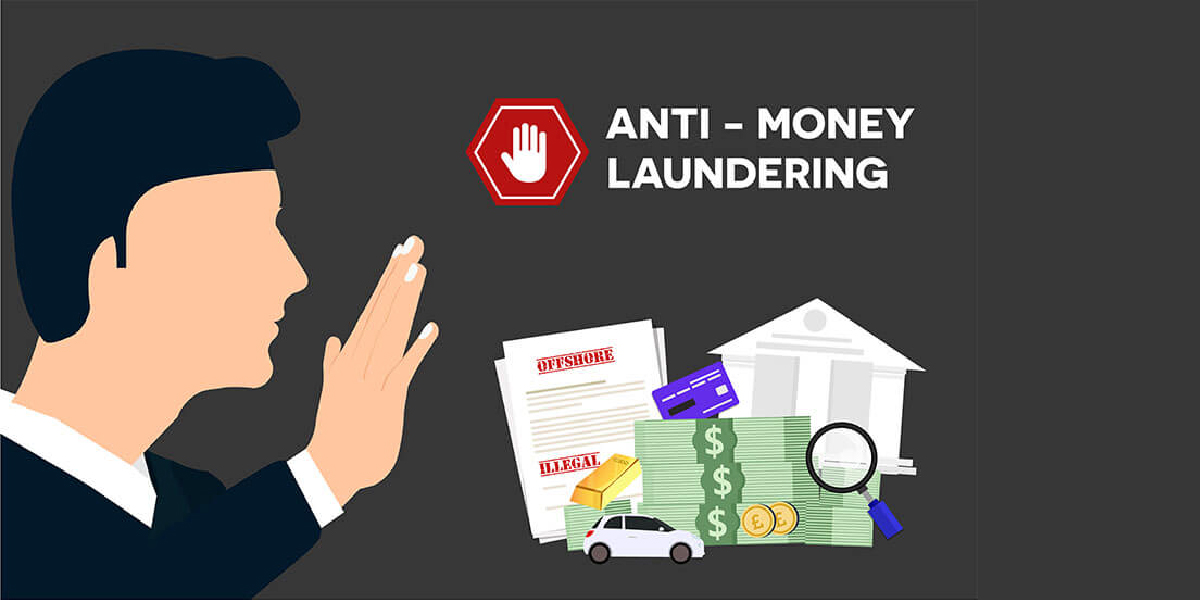Identity Theft – One Fraud Multiple Facets
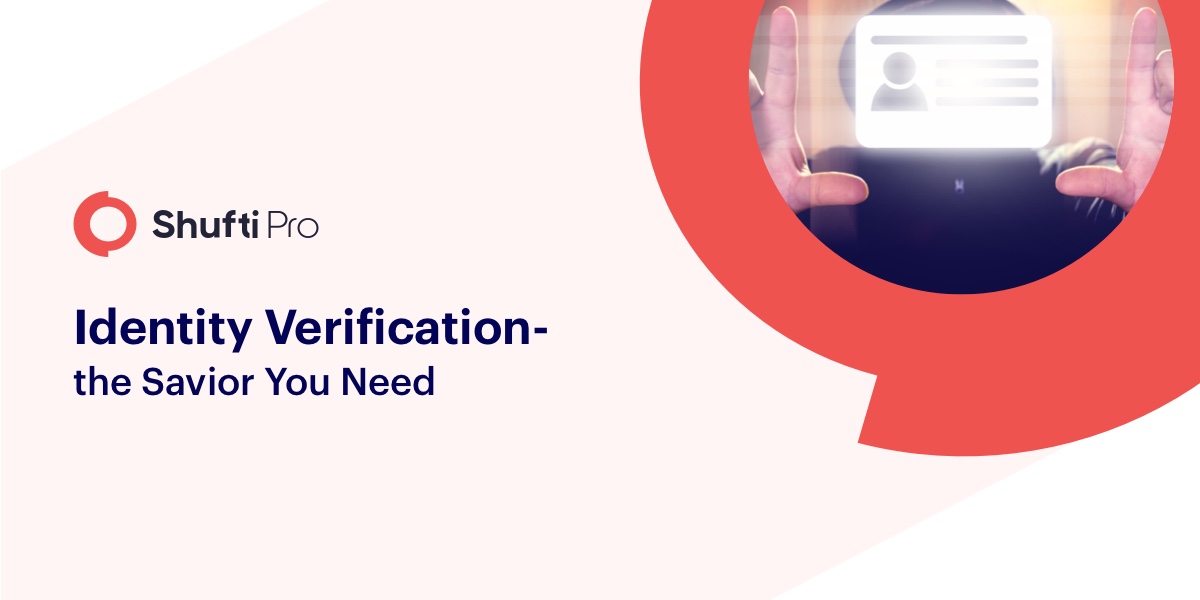
Identity theft is a global crime. All types of identities, including the financial, medical and business identities of common people and business executives are stolen and exploited to defraud businesses and institutions.
As per the Federal Trade Commission’s (FTC) 2019 report, 1.4 million identity theft fraud reports were processed. A total of $1.48 billion were lost in those frauds. The most common frauds that surfaced were imposter scams, credit card fraud and debt collection through stolen identity scams.
Symantec’s internet security threat report stated that account takeover fraud rose by 79% and new account fraud rose by 13% in 2018 as compared to 2017.
These fraud reports are raising unease among the business circles and they are very keen to find an ultimate solution to eliminate these frauds. One of the most common counter fraud techniques employed by businesses globally is real-time identity verification of the stakeholders of an entity. It provides a risk cover while enhancing the compliance and customer onboarding procedures of the company.
A 2018 survey of identity-theft-related crimes in the UK based banks revealed that banks are using enhanced due diligence tools (online identity verification, and AML compliance tools) to mitigate the risk of identity fraud with them.
Industries targeted by identity thieves
Contrary to the common notion, all types of businesses are targeted by identity thieves. Whether it is a financial institution or a non-profit organization, all industries are the targets of identity-theft-related fraud.
Every business has a unique business model, but fraudsters do find a way to invade the protocols using a stolen identity. The following discussion will provide an insight into how a stolen or fake identity can take different facets to defraud several businesses.
Financial industry
Key motive behind fraud is monetary gain. So, fraudsters commonly target financial institutions. And most common frauds conducted with a stolen identity are credit card fraud, account takeover fraud, money laundering, mortgage fraud, and wire transfer fraud, etc.
Insurance institutions, mortgage houses, banks, stock exchanges, investment companies, etc. are the common victims of these frauds.
A 2018 survey of Insurance Information Institute(III) of the USA revealed in its 2018 survey that 3 million identities were stolen in the USA alone and more than 50% of those identities were used to defraud businesses.
Fintech
Fintech is growing at a rapid pace. Fintech startups raised more than $16.4 billion in VC/PE investments. The growth potential of fintech is huge, so is the risk involved in this industry. Technological solutions used to transform the traditional financial processes have left some loopholes for cybercriminals.
Common frauds in fintech using stolen identities are money laundering, payment frauds, illegal funds transfer, etc.
Online payment solutions, cryptocurrency exchanges, online mortgage, and rental service providers, etc are common victims of these frauds.
One instance of fraud in fintech using the fake identity is when inmates in Florida county jail laundered $8000 through bitcoin. The inmates bought fake identities and credit card credentials through the dark web and used them to buy bitcoins. Once the bitcoin was purchased they converted it into fiat and transferred it into mysterious accounts outside the jail. The jail authorities found about this crime when they investigated a certain pattern of fund transfer, from the accounts of inmates.
If the cryptocurrency exchange would have conducted identity verification before selling the bitcoin, the fraud could have been traced at the very first stage, because the criminals were using stolen identities and credit card credentials to make transactions.
Healthcare
The healthcare industry is considered a pure industry, free of any fraud. Contrary to the common belief, cybercriminals are posing a threat towards the healthcare sector as well. They target patients, hospitals and other healthcare institutions, equally.
Common fraud in the healthcare sector are getting free medical services and buying prescription drugs using a patient’s identity. These frauds affect the credibility of the healthcare institutions and their doctors.
1.3 million child identities are stolen every year and these identities are often used to defraud the hospitals. For example, a teenager in the USA was not allowed to donate blood on the basis that she was treated for HIV in the past. When investigated it was found that the identity of that girl was used to defraud a hospital in some other state to get an HIV treatment. The hospital did not verify it’s patient’s identity and gave a clean chit to a person with HIV.
In another instance, the woman’s identity was used to get free treatment and her medical credentials were manipulated. When the real patient went for heart surgery, doctors cross-checked her medical credentials and found that the data was manipulated. In case the medical credentials would not have been checked the woman might have lost her life. Because the major credentials of her height and age were changed, that is used by doctors to decide medication dose for a patient.
Such frauds are often conducted with the intention to get free services or prescription drugs but it can affect the credibility of a hospital.
Education sector
Education is no more limited to brick and mortar schools and universities. Educational institutions are onboarding students online and are providing online courses. Other than the institutions, many online platforms are offering free as well as paid courses and material to the students.
Commonly the stolen identities are used to imitate a credible students to get free education services. Also, online educational institutions are defrauded to get access to free study material for selling it to other websites.
In case a website is exploited to get a copy of content protected with copyrights, that website will be deemed responsible for the loss of the original owner of the content (books, research papers, etc). Because only a few credible sites are allowed to give access to the books and notes that have copyrights.
The website loses its credibility if the identity of a student enrolled in an online course is used by an identity thief to attend online courses. Educational institutions and online educational platforms also need to perform due diligence on their participants to mitigate the risk of serving an identity thief.
Travel/hospitality industry
The travel and hospitality industry caters to a wide range of clientele, so their risk is high. The common frauds that occur in the travel and hospitality industry are, imitating a guest to get free services or travel free of cost. Also, the criminals at large use stolen identities to use the hotel as their hideout.
The travel industry is exploited by criminals for human trafficking, drug and money laundering. For instance, human traffickers use fake identities to fool the airport authorities to deliver underage children to other states for child labor.
The above-discussed industries are just a few examples of the risk that stolen identities pose towards several industries. Other common victims that have been highlighted in the news are the e-commerce industry, real estate industry, government institutions, etc.
How Identity verification is the savior of multiple industries?
Frauds related to identity theft are the risk for several industries. One stolen identity can be used in multiple ways to defraud businesses. Real-time identity verification can identify an individual within a minute.
Identity verification is a feasible and cost-effective solution to mitigate the risk that identity thieves pose towards a business.
Real-time identity verification not only provide businesses with a risk cover but also helps them in seamless KYC and AML compliance and improves their customer trust. Customers feel more comfortable and secure with companies that run due diligence on their clients without any long delays. Also, it increases the credibility of an organization and prevents any penalties due to non-compliance.









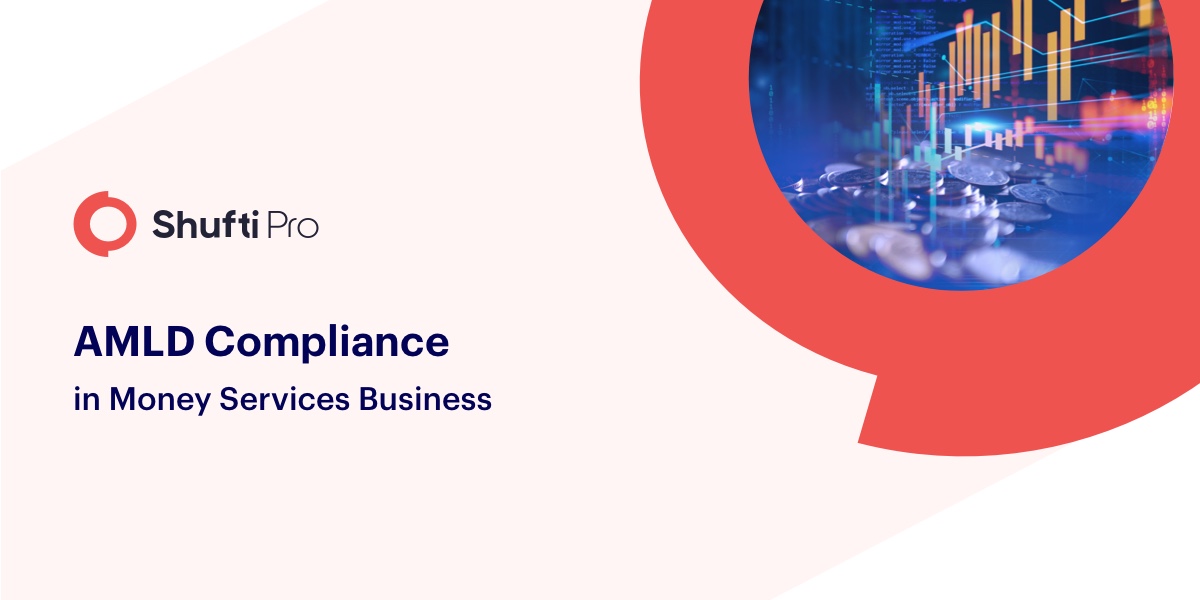

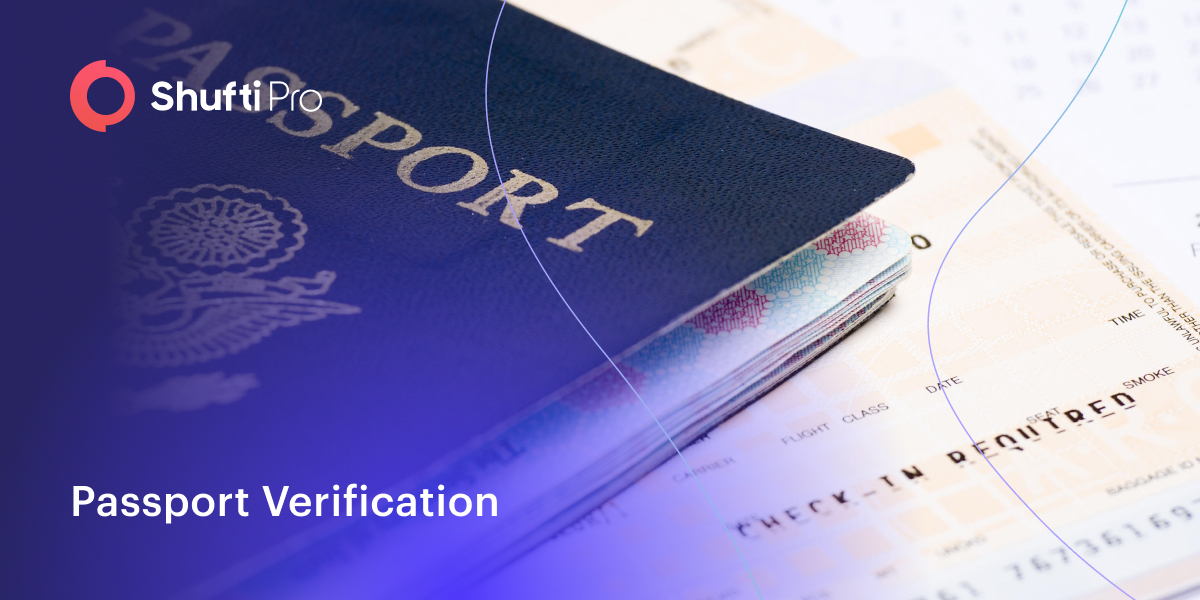
![An Insight into AML Compliance in the Financial Sector [2022 Update] An Insight into AML Compliance in the Financial Sector [2022 Update]](https://shuftipro.com/wp-content/uploads/b-img-aml-comp.png)
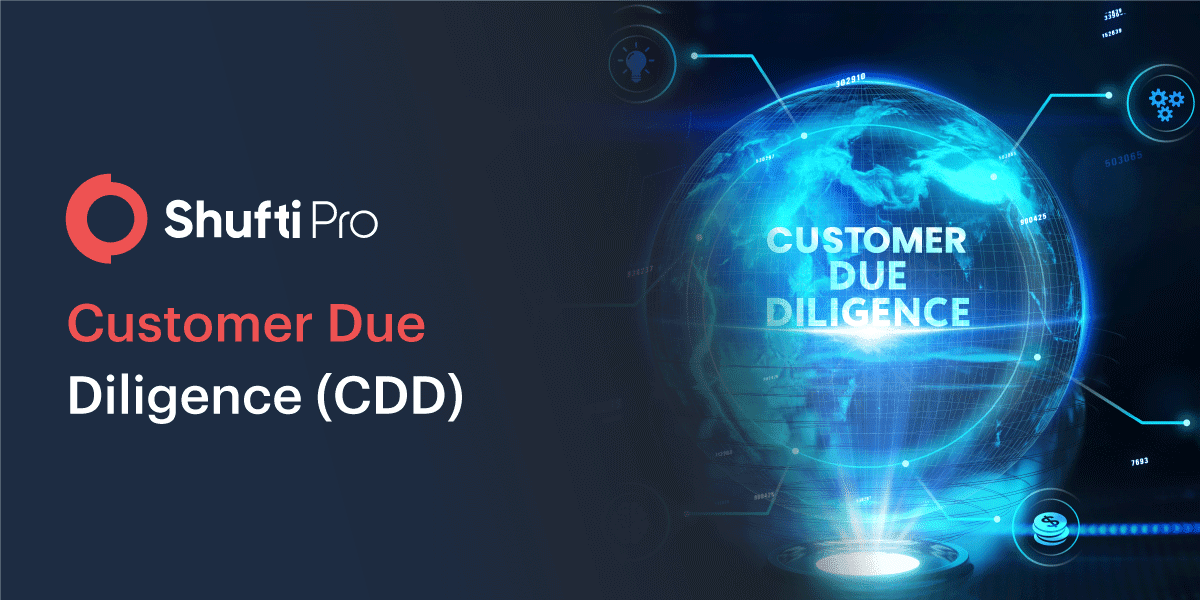


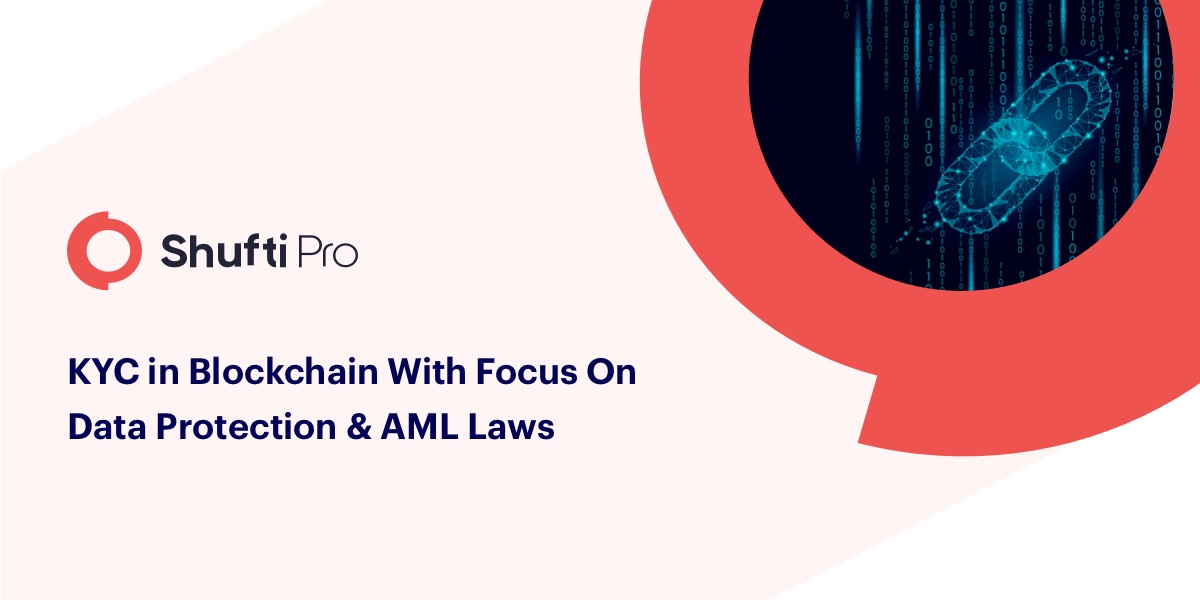

![AUSTRAC’s ML/TF Risk Assessment 2021 – Other Domestic Banks Report [Part 2] AUSTRAC’s ML/TF Risk Assessment 2021 – Other Domestic Banks Report [Part 2]](https://shuftipro.com/wp-content/uploads/2021-09-08-blog.jpeg)
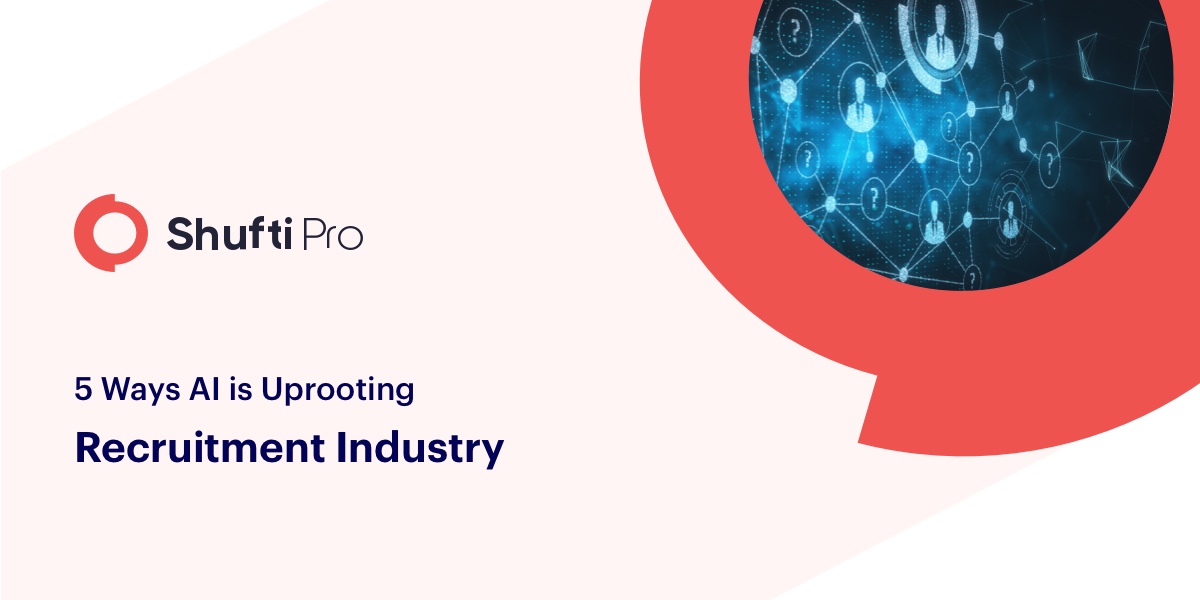
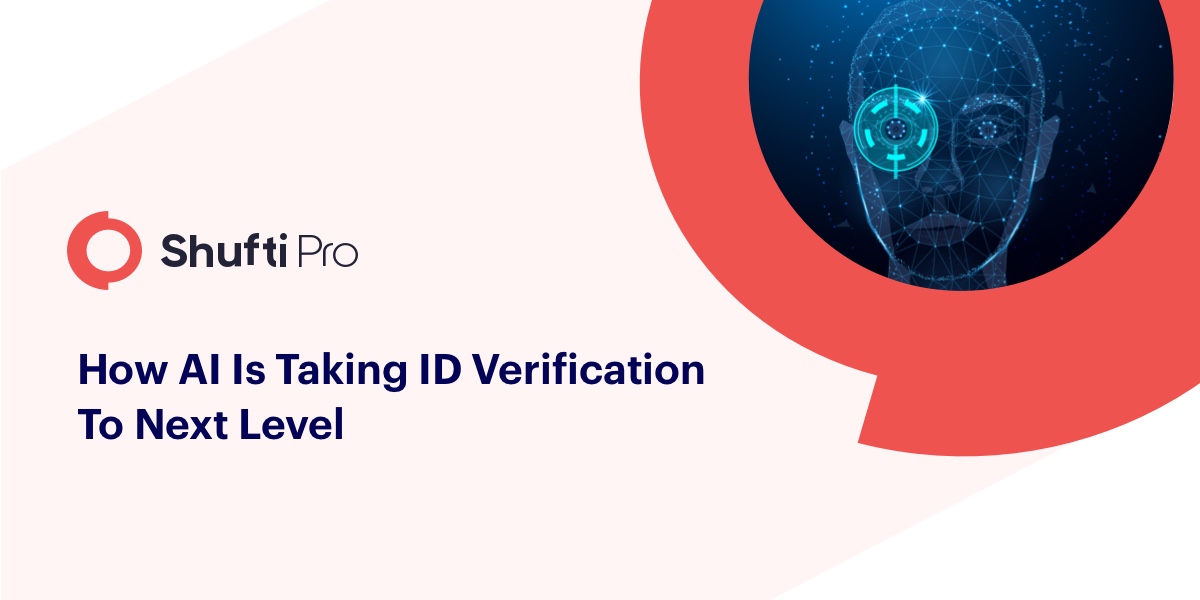
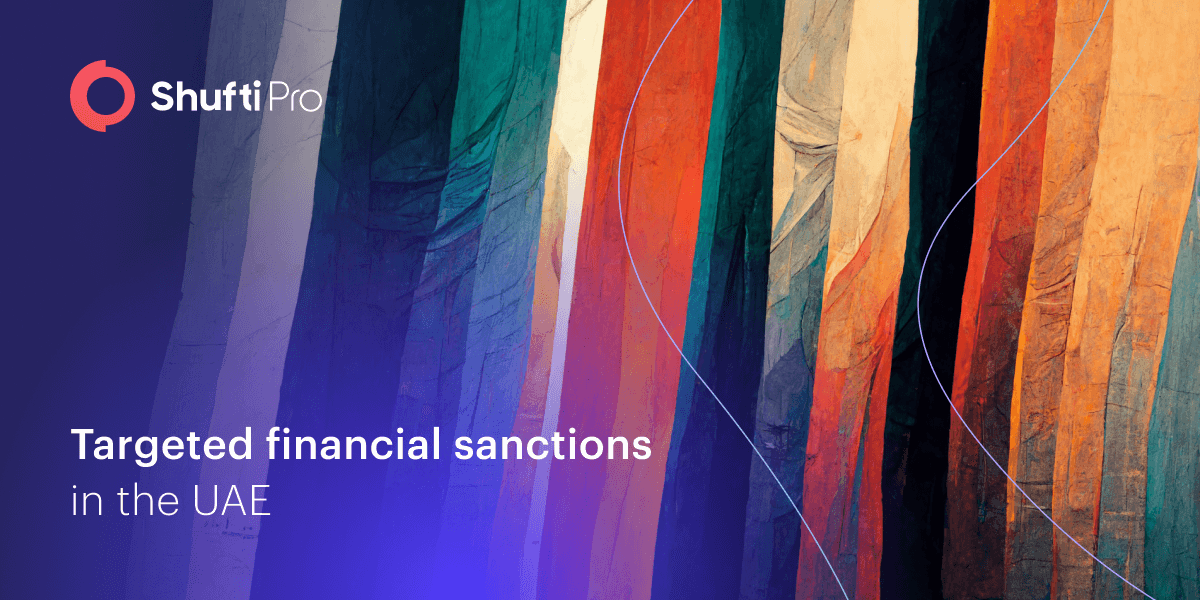


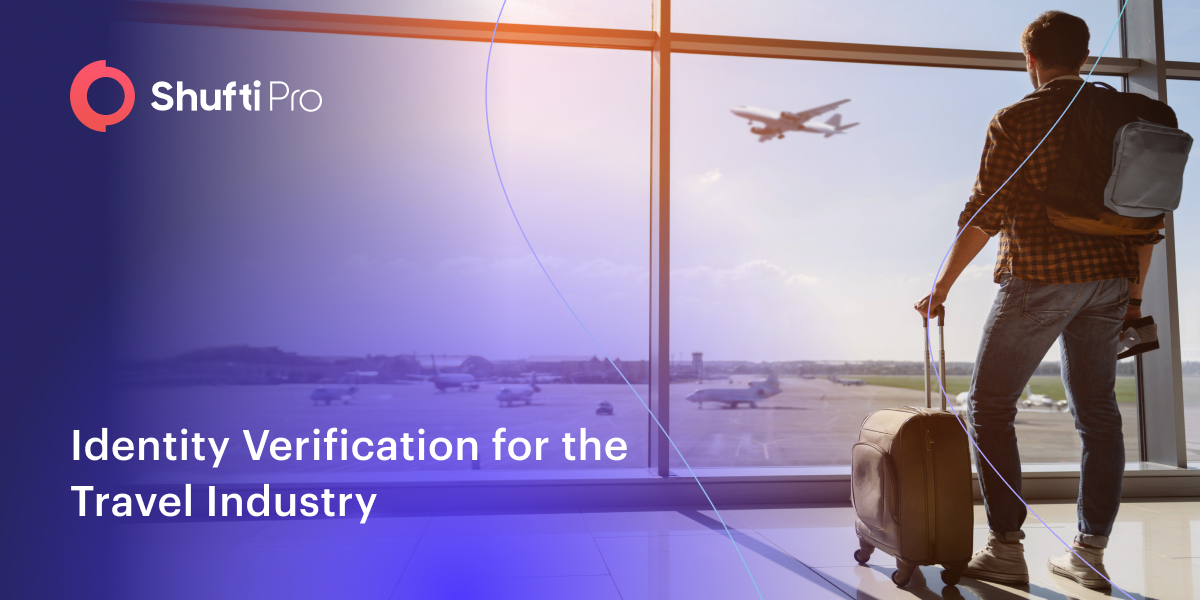




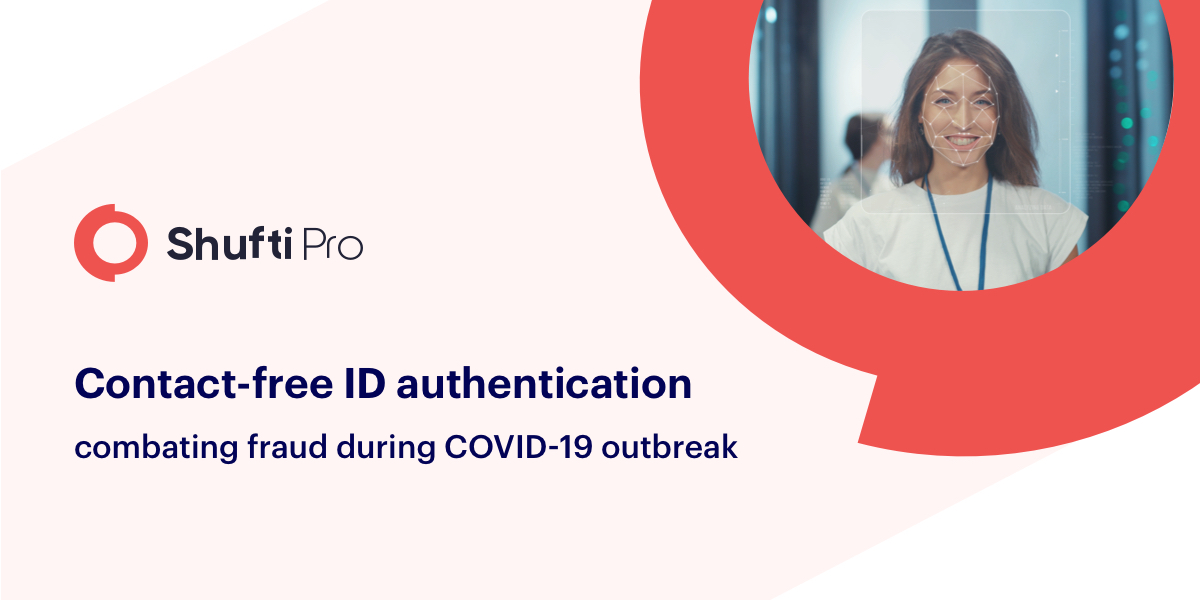
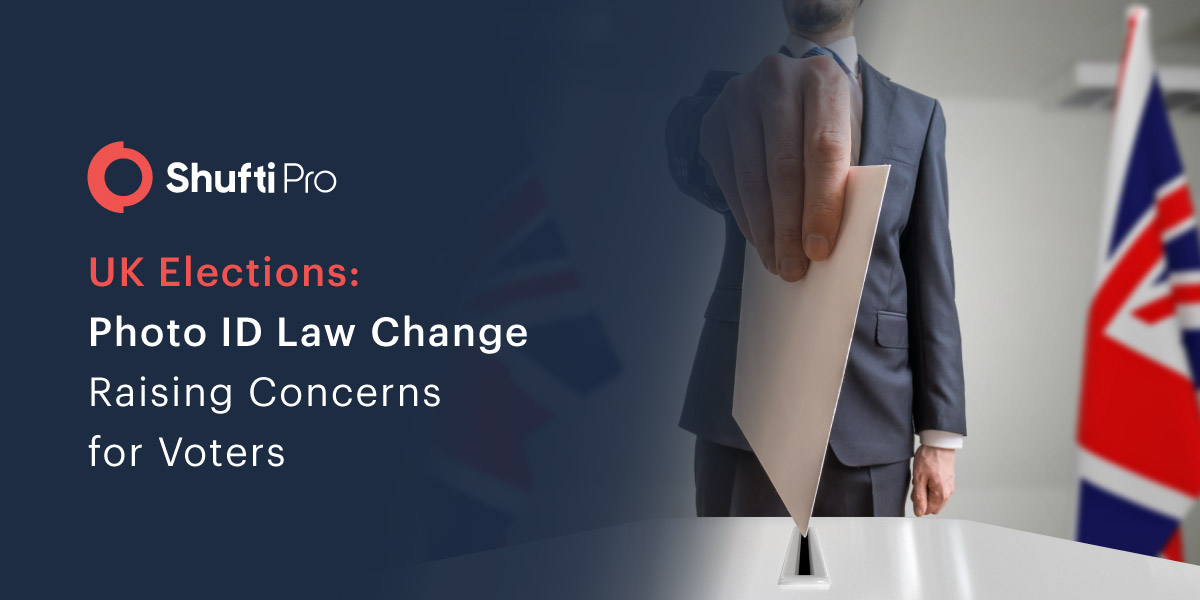


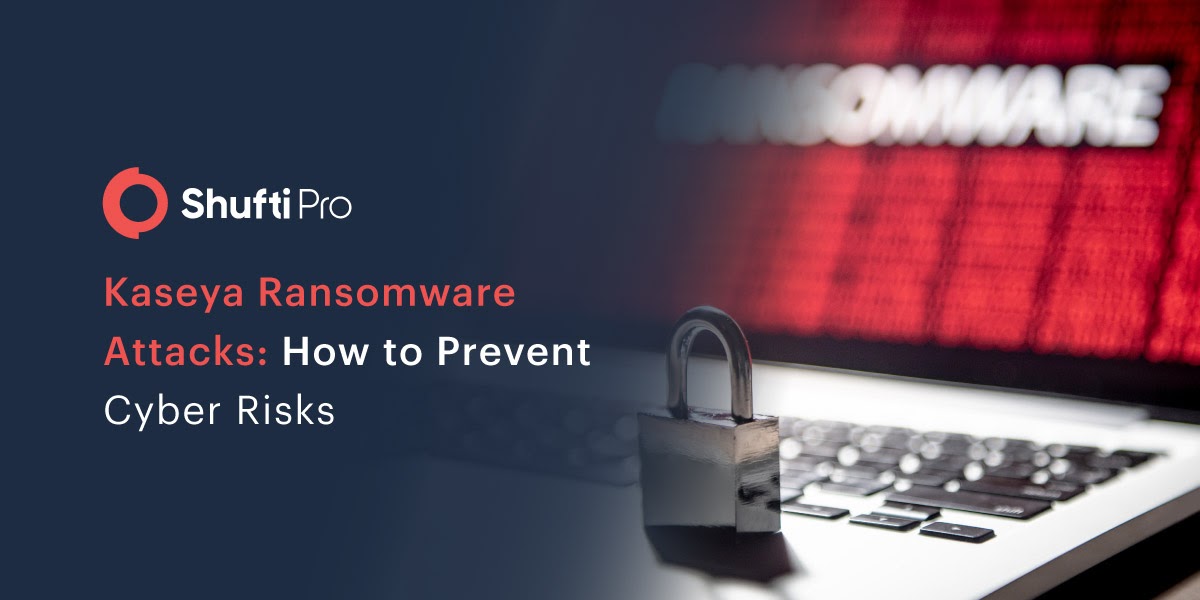





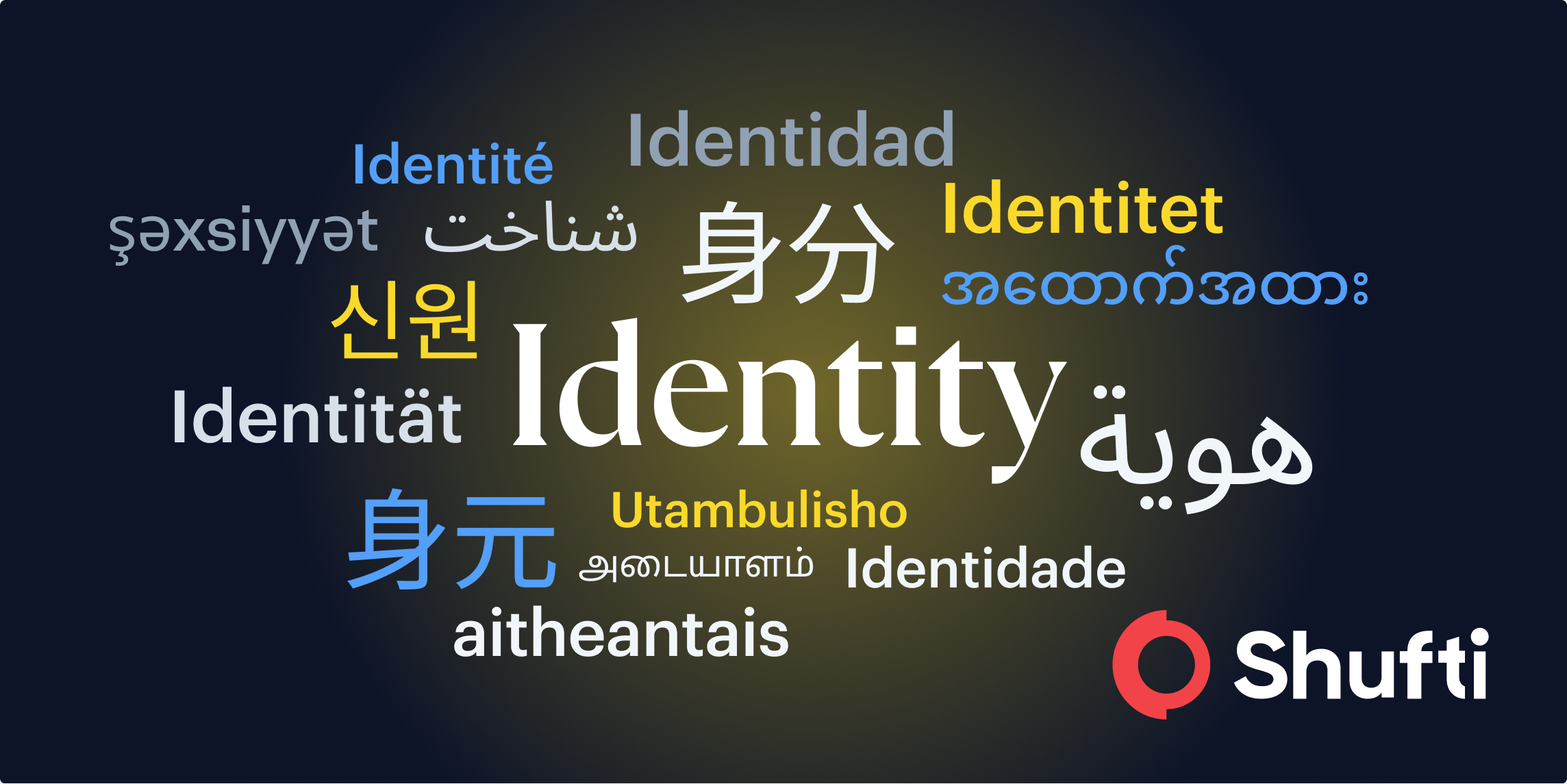

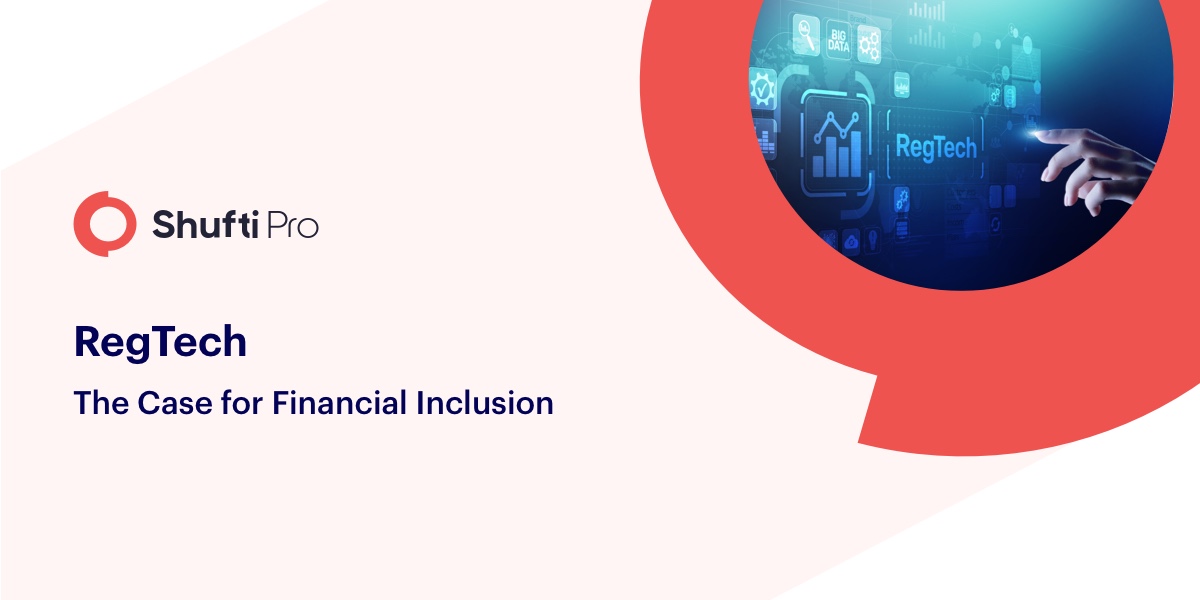
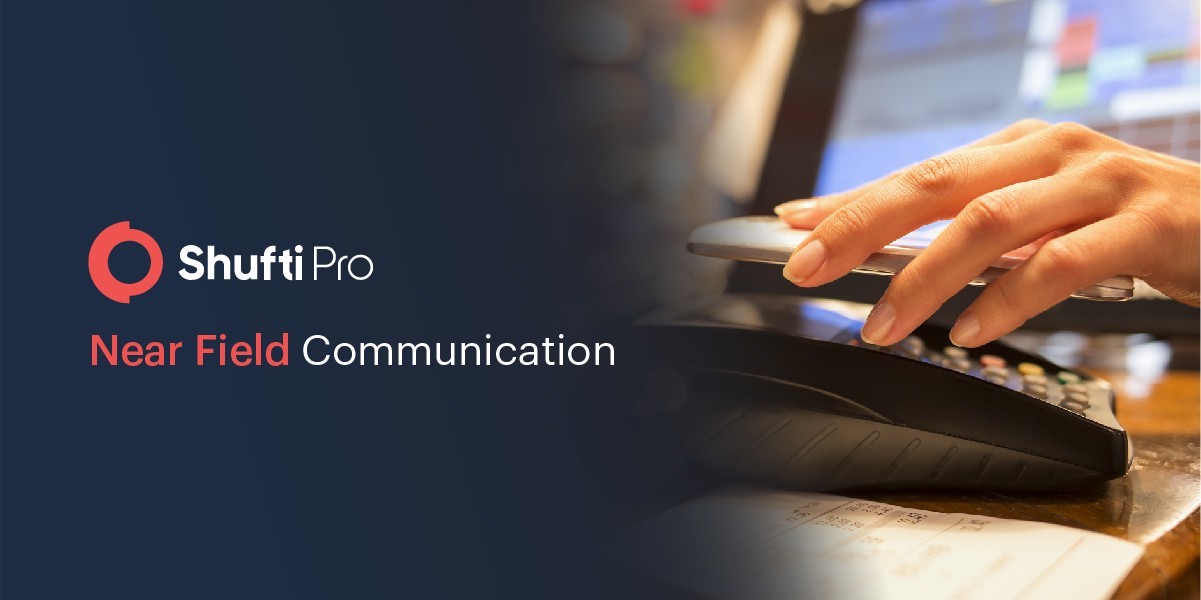
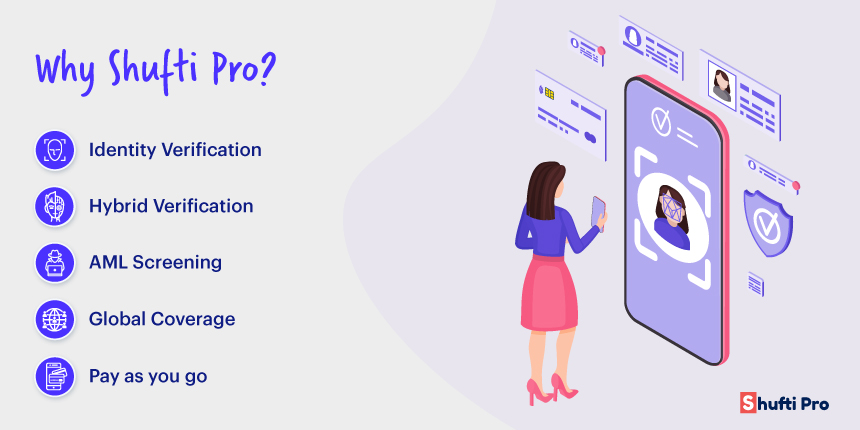
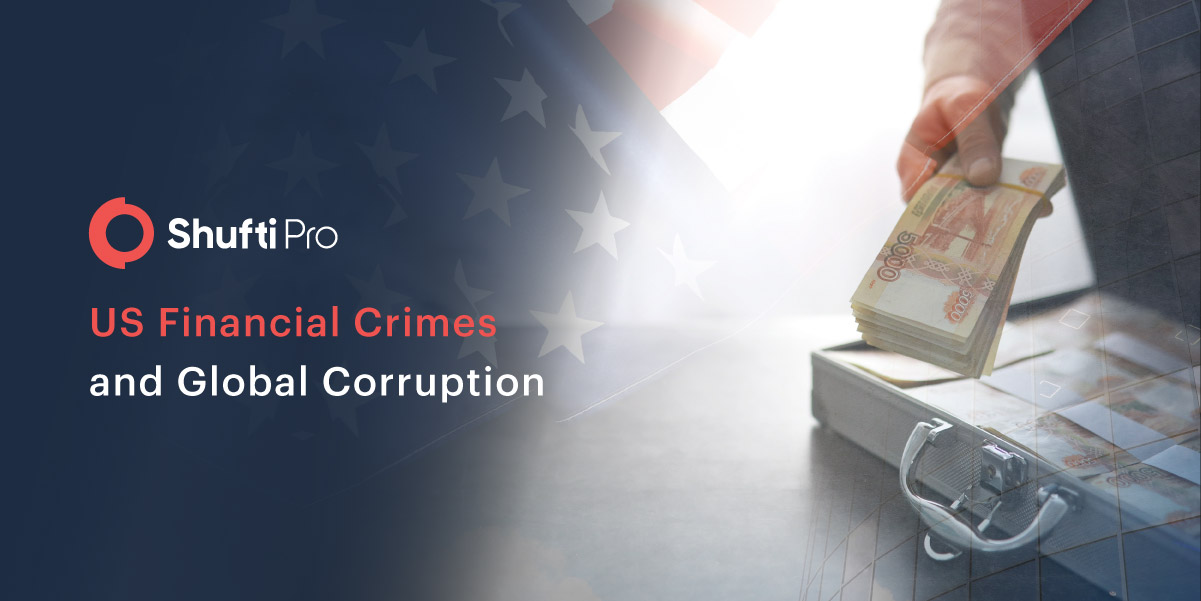
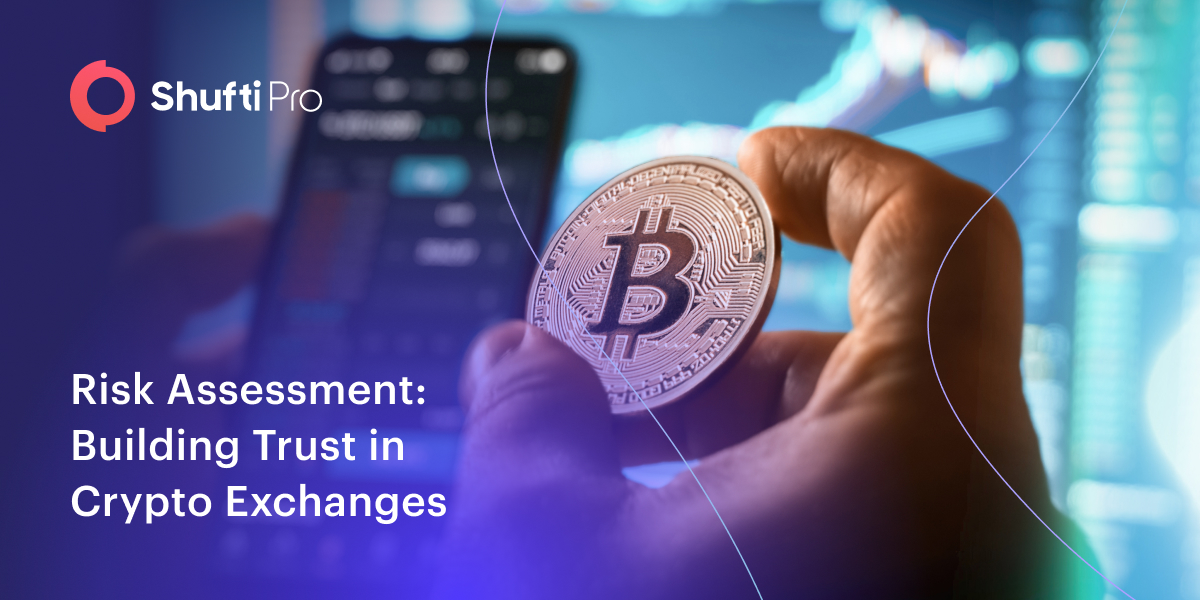




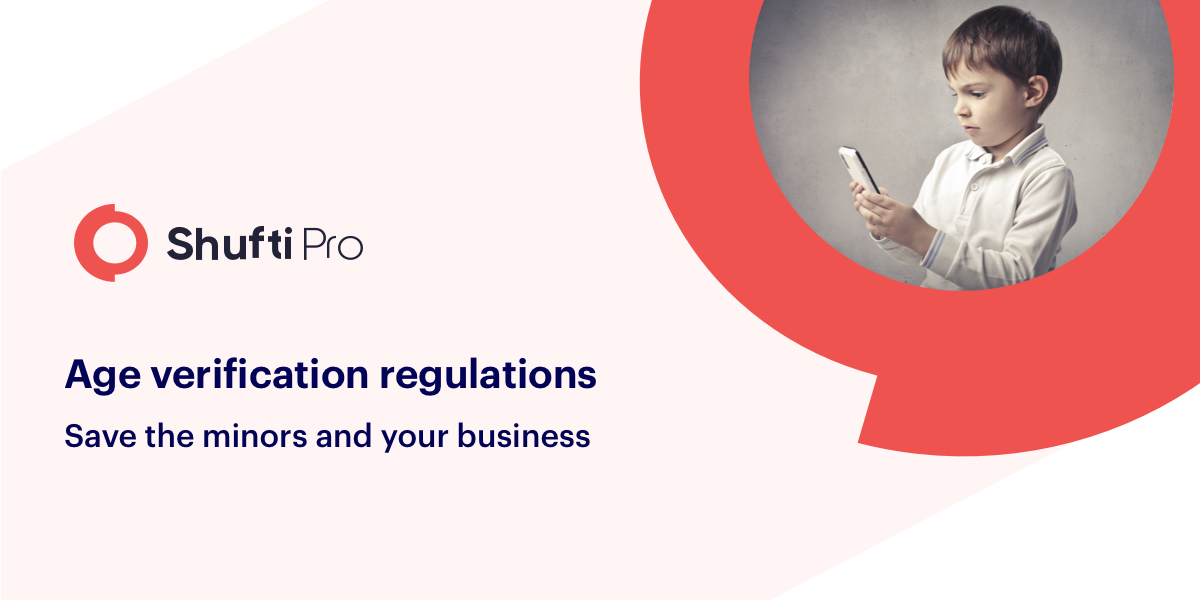

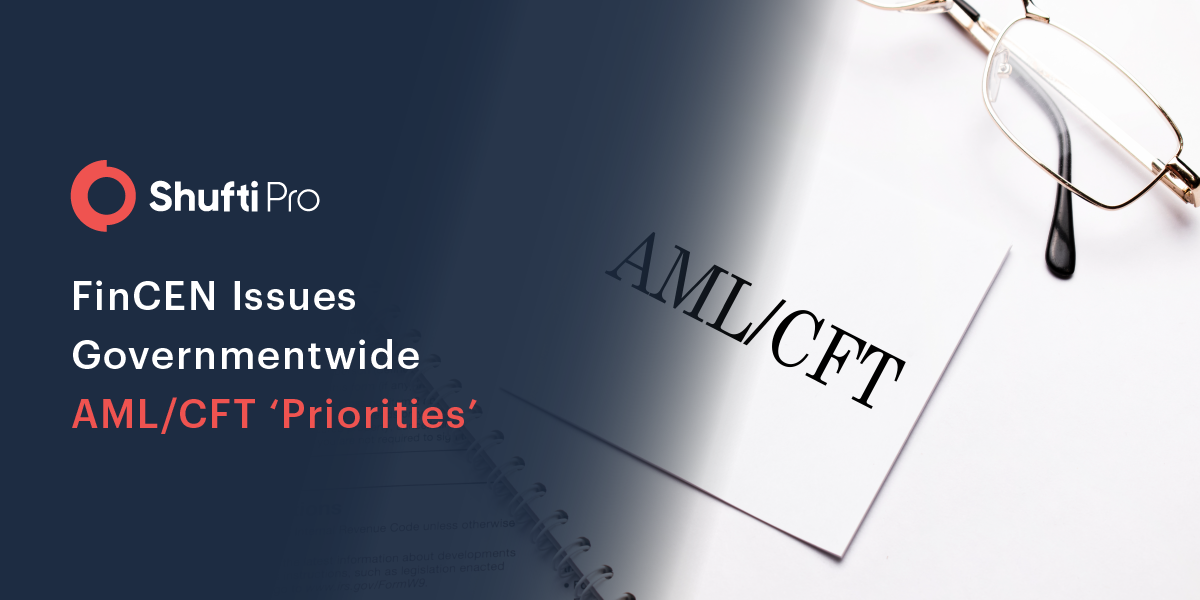
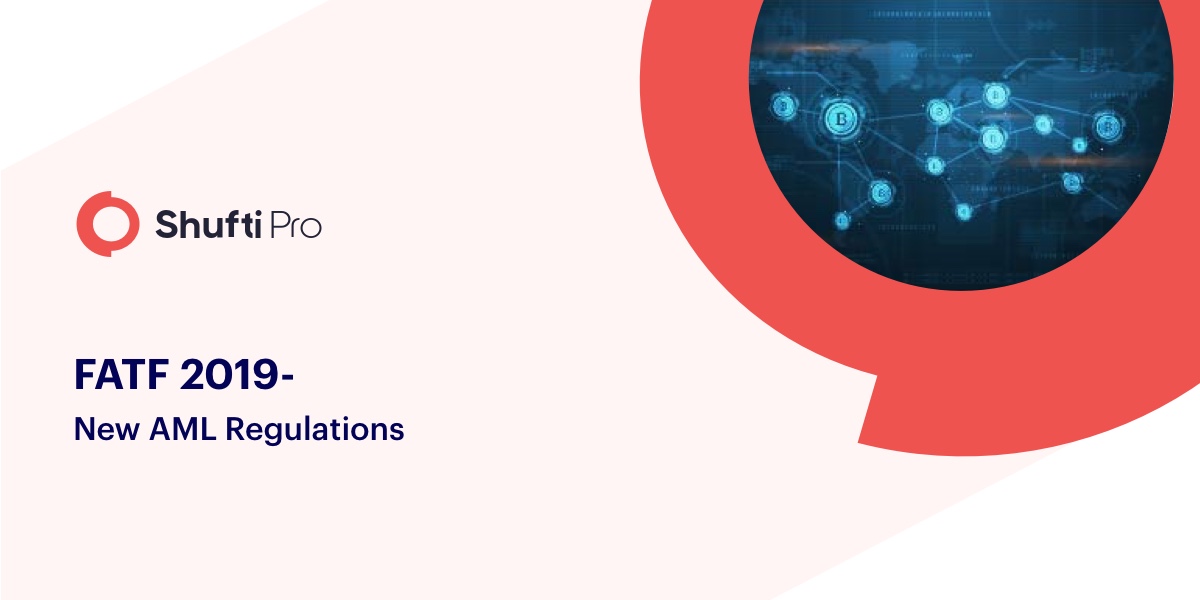

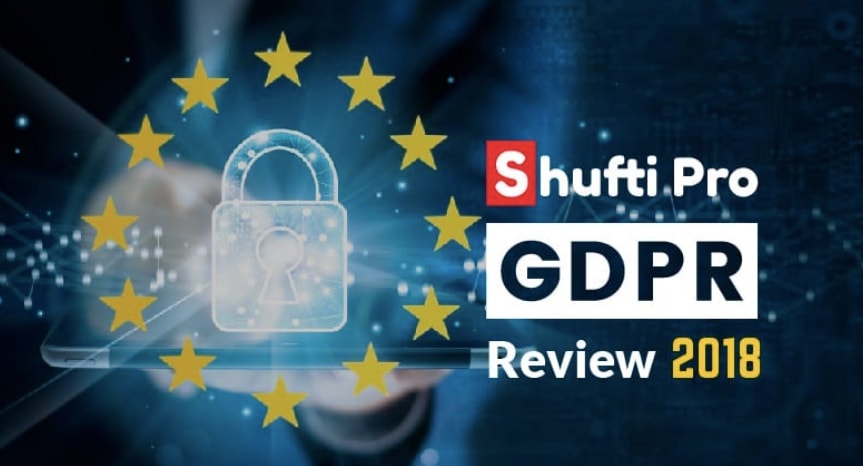
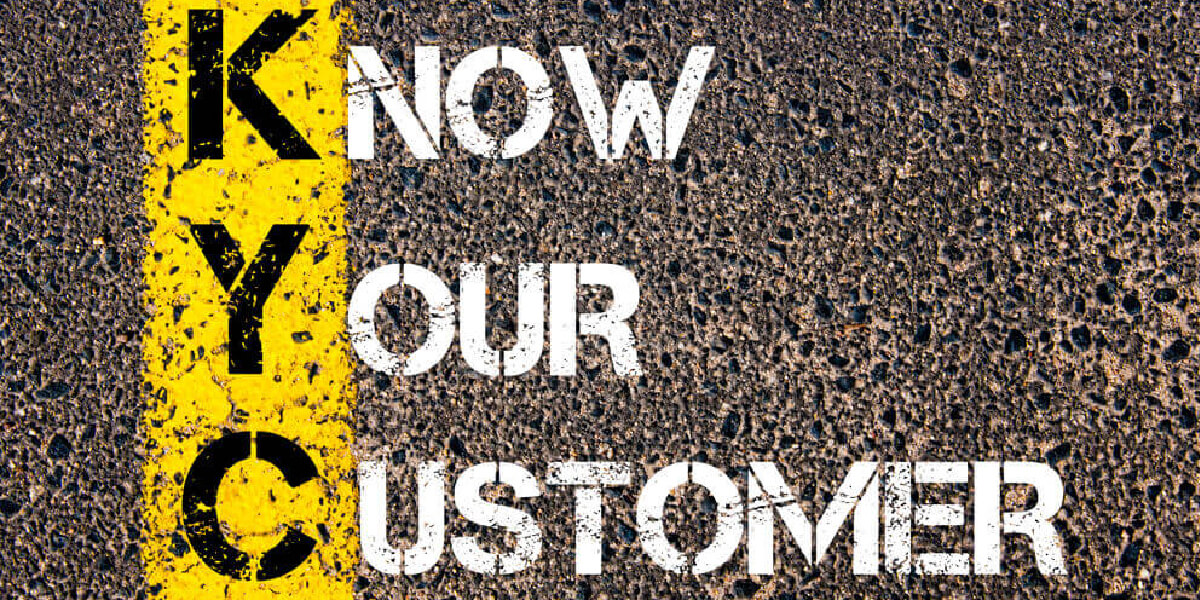
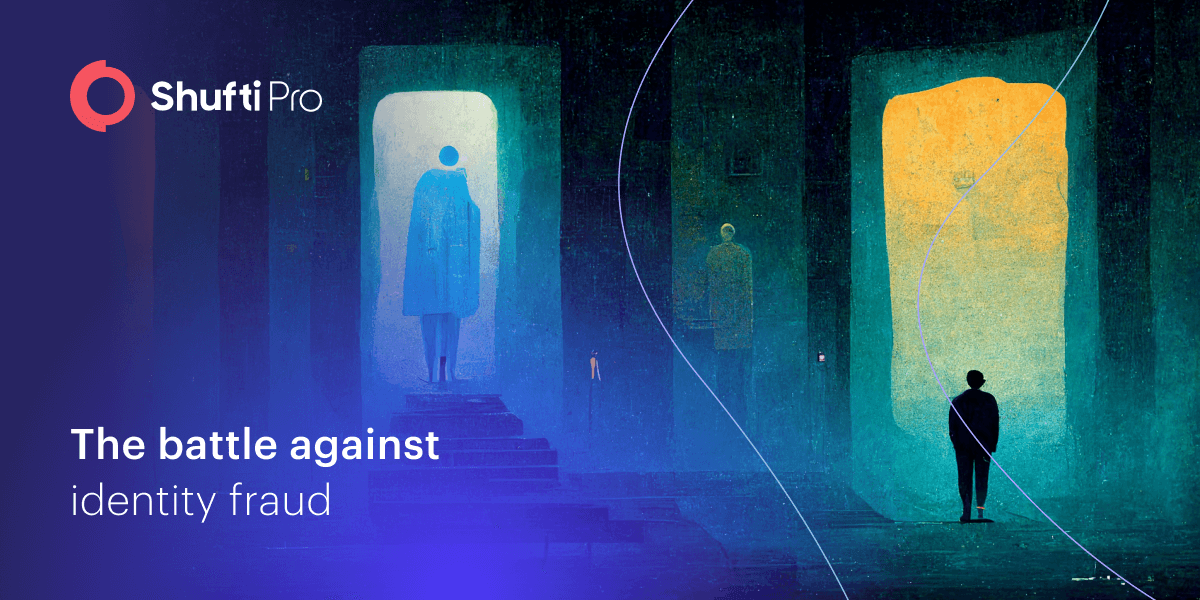



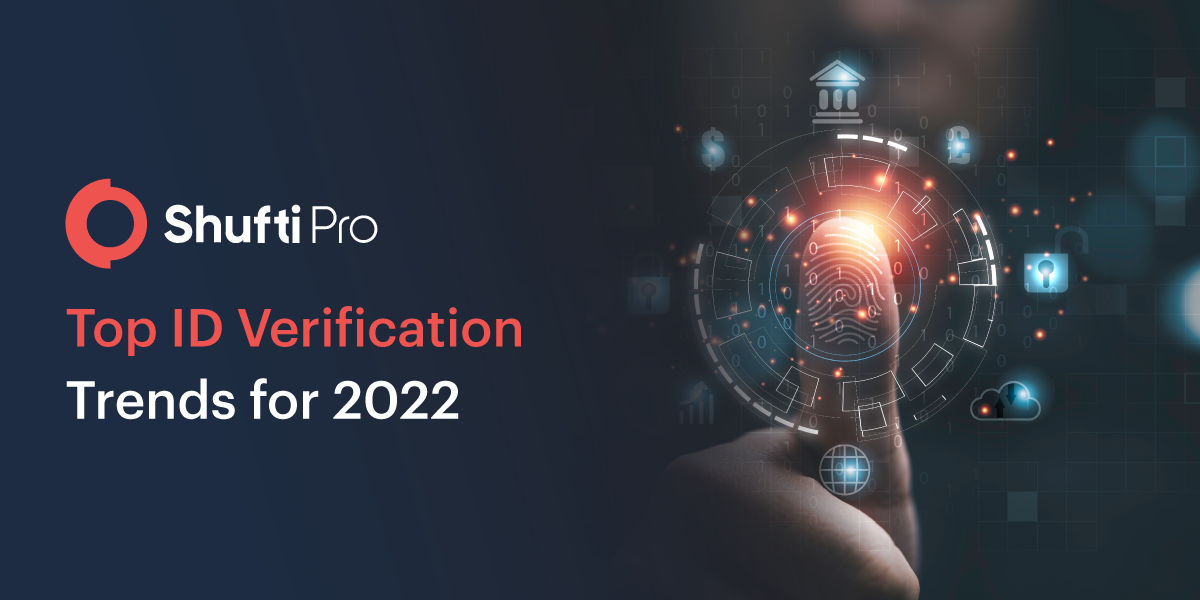

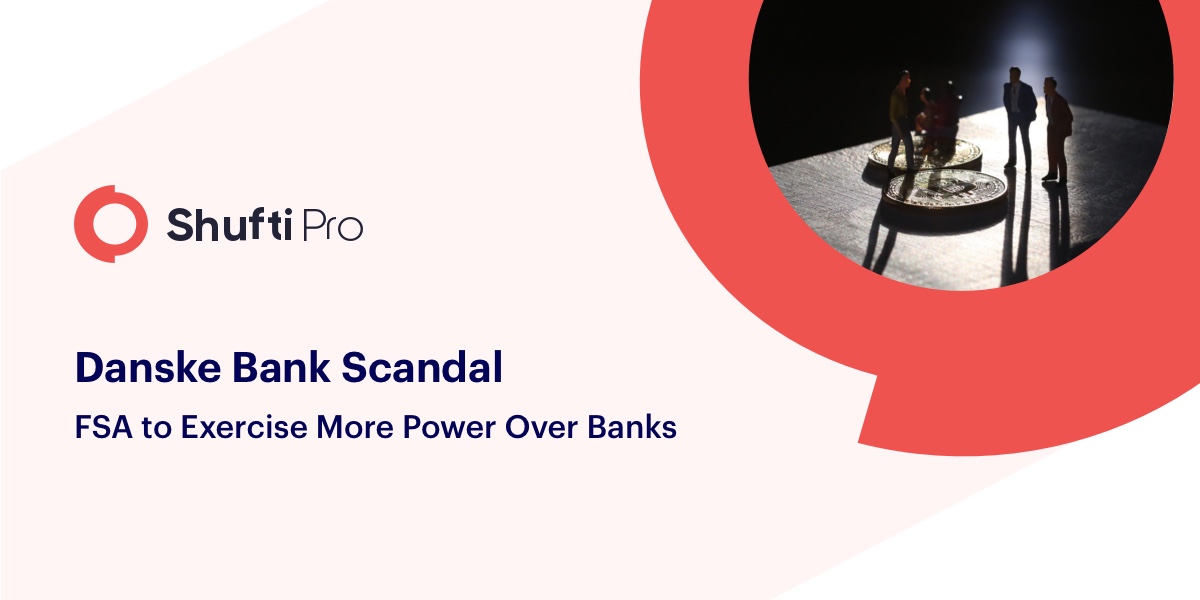
![AUSTRAC’s ML/TF Risk Assessment Report on Foreign Subsidiary Banks [Part 4] AUSTRAC’s ML/TF Risk Assessment Report on Foreign Subsidiary Banks [Part 4]](https://shuftipro.com/wp-content/uploads/blog1-5.jpeg)
